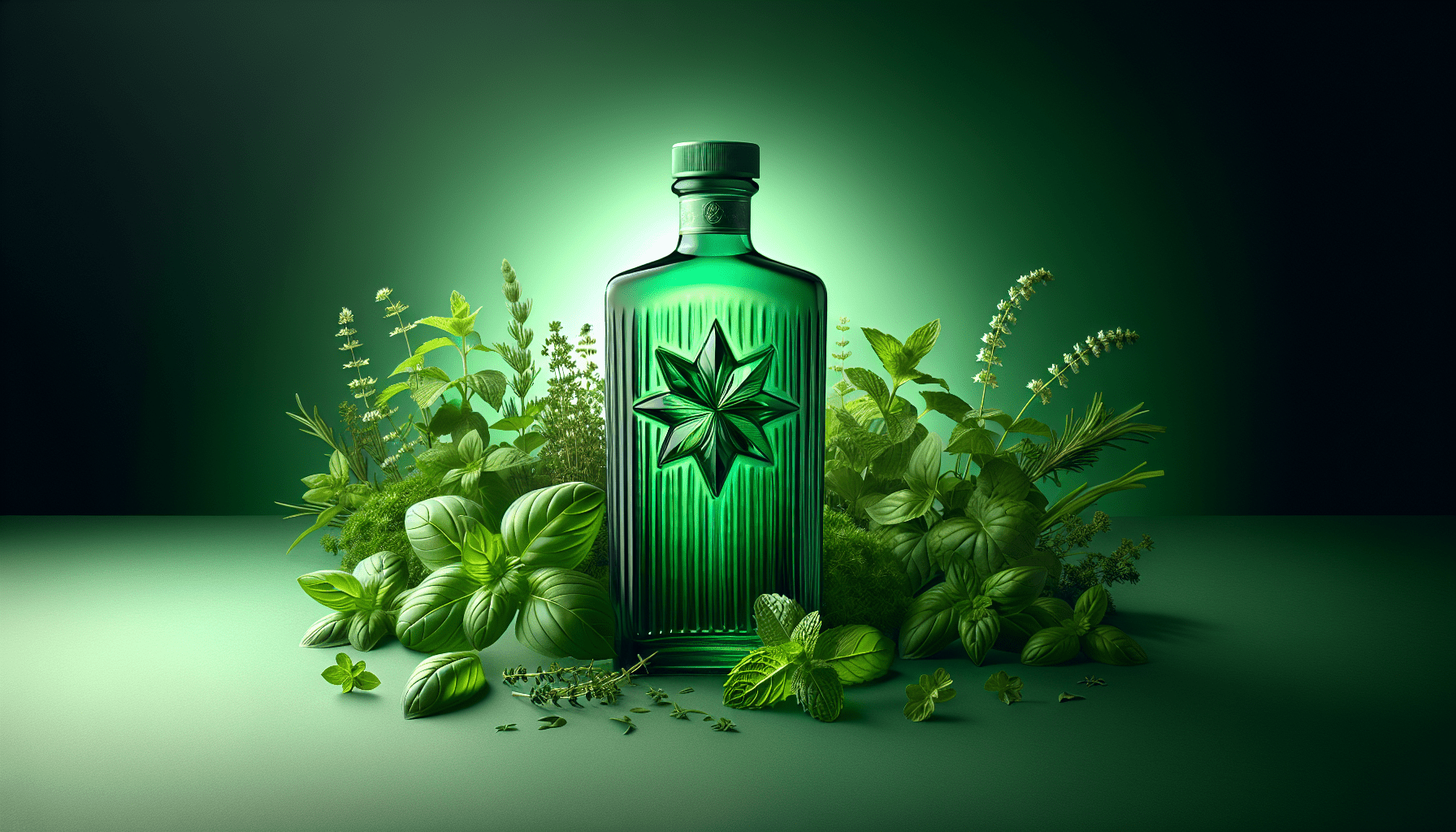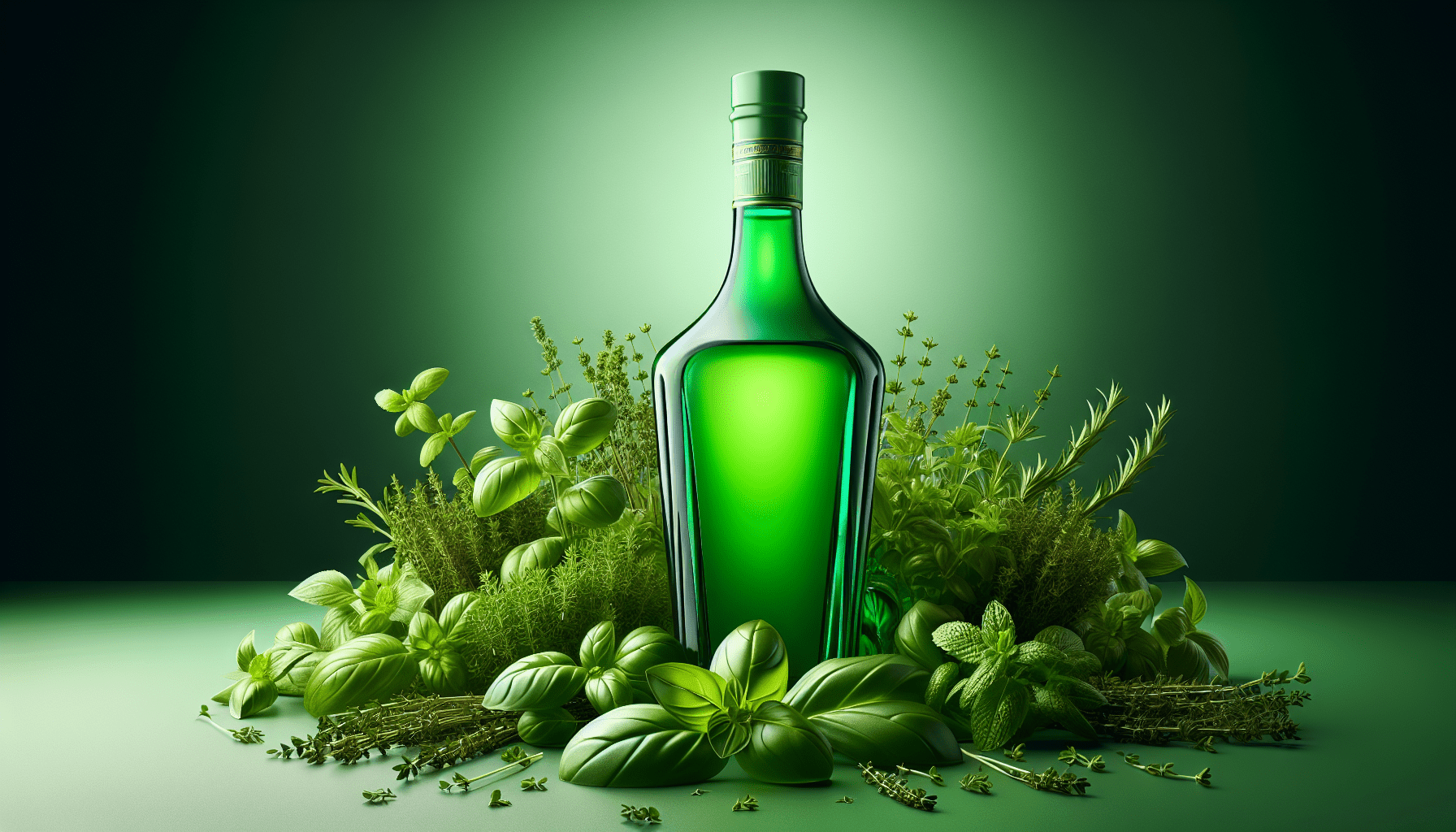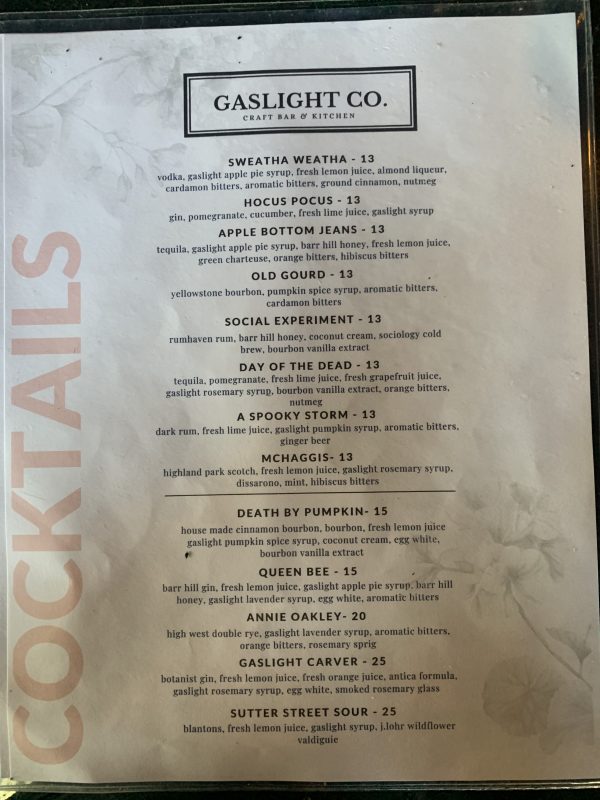Uygafly Birthday Gifts for 4 5 6 7 8 9 10 11 12 13 Year Old Girls,Easter Gifts for Teens Kids Daughter Sister Her,Fanny Pack Crossbody Bag Belt Bag Cute Trendy Stuff | Cream,A
$13.99 (as of April 14, 2025 07:48 GMT +00:00 - More info)Discover the rich tapestry of flavors woven into Chartreuse, an exquisite herbaceous and vegetal liqueur steeped in history since its creation by French Carthusian monks during the 16th century. This mysterious elixir, crafted from a secret formula of approximately 130 herbs and botanicals, is a testament to the monks’ dedication to preserving its alchemical origins. As Chartreuse remains a rarity due to the monks’ religious commitments, the demand for alternatives has grown. Explore similar liqueurs like Génépi, Bordiga Centum Herbis, and Brucato Chaparral, each offering a unique and aromatic profile that pairs beautifully in cocktails traditionally enhanced by Chartreuse. Whether it’s the herbal complexity of Accompani Flora Green or the coniferous warmth of Strega, these substitutes capture the essence of Chartreuse, making them perfect companions for your next libation adventure. Have you ever wondered about the mysterious elixirs that mixologists use to elevate their cocktail game? Well, today, let’s delve into one of the most intriguing liqueurs with a colorful and herbaceous history: Chartreuse.

Get an Official Zagat Restaurant Guide
Chartreuse Background: The Herbaceous, Vegetable Liqueur
Historical Significance from the 16th Century
Chartreuse is as enigmatic as it is flavorful. This iconic liqueur traces its origins back to the 16th century, offering not just a taste experience but a sip of history. The journey of Chartreuse begins with the Carthusian monks, who received a mysterious alchemical manuscript in 1605. This document contained a recipe for an “elixir of long life,” a concoction pushing the boundaries of medicinal and mystical realms.
An Elixir Created by Carthusian Monks
The Carthusian monks are more than just brewers; they are custodians of an ancient secret. The formula for Chartreuse includes an astounding 130 different herbs and botanicals. This complex blend is a closely guarded secret, known only to two monks at any given time. Their commitment to this sacred recipe and their religious duties means that production is always limited, contributing to its allure and occasional shortages.
A Blend of 130 Herbs and Botanicals
Imagine a symphony where every herb and botanical serves as a unique instrument. Chartreuse achieves its distinctive profile by harmonizing around 130 different ingredients. While many remain mysterious, some known components include angelica, hyssop, and juniper berries. This complex herbal symphony creates a multi-layered sensory experience, tantalizing your taste buds and piquing your curiosity.
Limited Production and Occasional Shortages
Because the Chartreuse monks prioritize their monastic life over commercial production, the availability of this liqueur can be unpredictable. Limited production often leads to shortages, which only intensifies the mystique and desirability of Chartreuse. Each bottle is a testament to centuries of careful, purposeful crafting—a labor of love and faith.
Chartreuse Alternatives
You may sometimes find it difficult to procure Chartreuse owing to its rarity. Thankfully, several alternatives capture its herbal, complex essence. Below are some noteworthy substitutes, each with unique characteristics that make them suitable replacements.
Génépi
Génépi is an herbal delight from the European Alps, offering flavors strikingly similar to Chartreuse. This liqueur is infused with Artemisia genipi flowers, featuring hints of chamomile, mint, and anise.
- Key Ingredients: Artemisia genipi, chamomile, mint, anise
- Best for: Yellow Chartreuse cocktails like the Yellow Chartreuse Swizzle
- Flavor Profile: Herbal with floral and subtle minty notes
| Attribute | Details |
|---|---|
| Origin | European Alps |
| Botanical Ingredients | Artemisia genipi, chamomile, mint, anise |
| Recommend Cocktails | Yellow Chartreuse Swizzle |
| Flavor Profile | Herbal, floral, minty |
Bordiga Centum Herbis
Next, let’s explore Bordiga Centum Herbis, an Italian herbal liqueur with an intense, aromatic profile. It contains ingredients like quassia bark, linden leaves, and juniper, resonating with the robust and balanced character of Chartreuse.
- Key Ingredients: Quassia bark, linden leaves, juniper
- Best for: Green Chartreuse cocktails
- Flavor Profile: Herbal aroma featuring mint, thyme, eucalyptus
| Attribute | Details |
|---|---|
| Origin | Italy |
| Botanical Ingredients | Quassia bark, linden leaves, juniper |
| Recommend Cocktails | Green Chartreuse cocktails |
| Flavor Profile | Mint, thyme, eucalyptus |
Élicser Combier
Élicser Combier is another French entry into the world of herbal liqueurs, resembling Yellow Chartreuse in application. This liqueur boasts a secret blend of spices, roots, and botanicals that generate a harmonious aroma reminiscent of anise, citrus peel, and coriander.
- Key Ingredients: Anise, citrus peel, coriander, cardamom, clove
- Best for: Bijou cocktail
- Flavor Profile: Herbaceous with spicy notes
| Attribute | Details |
|---|---|
| Origin | France |
| Botanical Ingredients | Anise, citrus peel, coriander, cardamom, clove |
| Recommend Cocktails | Bijou |
| Flavor Profile | Herbaceous, aromatic, spicy |
Brucato Chaparral
For a more local twist, consider Brucato Chaparral from California. Made with locally-sourced botanicals like yerba santa, spearmint, and cardamom, it offers a fragrant aroma rich with sage, lavender, and cardamom.
- Key Ingredients: Yerba santa, spearmint, cardamom, sage, lavender
- Best for: The Last Word, Bijou
- Flavor Profile: Earthy, herbaceous, fragrant
| Attribute | Details |
|---|---|
| Origin | California, USA |
| Botanical Ingredients | Yerba santa, spearmint, cardamom, sage, lavender |
| Recommend Cocktails | The Last Word, Bijou |
| Flavor Profile | Earthy, herbaceous, fragrant |
Faccia Brutto Centerbe
From Brooklyn, we have Faccia Brutto Centerbe. This Italian-style liqueur uses 20 botanicals, offering a bittersweet taste profile balanced by lemon balm and anise hyssop.
- Key Ingredients: Lemon balm, anise hyssop
- Best for: Yellow Smash
- Flavor Profile: Light green hue, bittersweet, herbaceous
| Attribute | Details |
|---|---|
| Origin | Brooklyn, USA |
| Botanical Ingredients | Lemon balm, anise hyssop |
| Recommend Cocktails | Yellow Smash |
| Flavor Profile | Bittersweet, herbaceous |
Glep Amaro di Erbe Grinta
An Italian delight, Glep Amaro di Erbe Grinta features botanicals like rhubarb, gentian, and other aromatic herbs, making it an excellent alternative to Green Chartreuse.
- Key Ingredients: Rhubarb, gentian, aromatic herbs
- Best for: Bitter cocktail components
- Flavor Profile: Earthy, herbal, slightly sweet and bitter
| Attribute | Details |
|---|---|
| Origin | Italy |
| Botanical Ingredients | Rhubarb, gentian, aromatic herbs |
| Recommend Cocktails | Bitter cocktails |
| Flavor Profile | Earthy, herbal, slightly sweet and bitter |
Accompani Flora Green
Accompani Flora Green from Portland, Oregon, uses Mediterranean ingredients like hyssop, chamomile, and lemon balm. Its citrus zest and mild sweetness mimic Green Chartreuse closely.
- Key Ingredients: Hyssop, chamomile, lemon balm
- Best for: Botanical cocktails
- Flavor Profile: Citrus zest, oregano, thyme, mild sweetness
| Attribute | Details |
|---|---|
| Origin | Portland, USA |
| Botanical Ingredients | Hyssop, chamomile, lemon balm |
| Recommend Cocktails | Botanical cocktails |
| Flavor Profile | Citrus zest, oregano, thyme, mild sweetness |
Ver Elixir Craft Spirits
Highlighting wormwood (Artemisia absinthium), Ver Elixir Craft Spirits combines herbal aromas and flavors with a floral bitterness that serves as a great substitute for Yellow Chartreuse.
- Key Ingredients: Wormwood
- Best for: Chartreuse Swizzle, Sour cocktails
- Flavor Profile: Herbal, floral bitterness
| Attribute | Details |
|---|---|
| Origin | USA |
| Botanical Ingredients | Wormwood (Artemisia absinthium) |
| Recommend Cocktails | Chartreuse Swizzle, Sour cocktails |
| Flavor Profile | Herbal, floral bitterness |
Strega
From Italy, Strega stands out with its 70 herbal ingredients and distinctive golden-yellow hue from saffron. Known for its complex coniferous taste with a warm finish, Strega works marvelously in cocktails that call for Yellow Chartreuse.
- Key Ingredients: Juniper, mint, cinnamon, iris, saffron
- Best for: Honey Badger, Corpse Reviver No. 2
- Flavor Profile: Coniferous, warm, complex
| Attribute | Details |
|---|---|
| Origin | Italy |
| Botanical Ingredients | Juniper, mint, cinnamon, iris, saffron |
| Recommend Cocktails | Honey Badger, Corpse Reviver No. 2 |
| Flavor Profile | Coniferous, warm, complex |
Absinthe
While Absinthe is different in its own right, its strong licorice-like flavor and high alcohol content make it a close cousin to Chartreuse. Containing wormwood and a variety of other herbs, it’s a potent contender in cocktails needing a bold substitute.
- Key Ingredients: Wormwood, various herbs
- Best for: Strong, pungent cocktails
- Flavor Profile: Herbal, licorice-like
| Attribute | Details |
|---|---|
| Origin | Multiple countries |
| Botanical Ingredients | Wormwood, various herbs |
| Recommend Cocktails | Strong, pungent cocktails |
| Flavor Profile | Herbal, licorice-like |

Get an Official Zagat Restaurant Guide
Conclusion
Chartreuse is an iconic herbal liqueur that offers not just a complex taste profile but also a rich historical and cultural experience. Originating from the Carthusian monks in the 16th century, this liqueur contains an intricate blend of around 130 herbs and botanicals, which remains a closely guarded secret today. Although its availability can be unpredictable due to limited production, several excellent alternatives capture the essence and complexity of Chartreuse. These substitutes, ranging from Génépi to Strega, each bring something unique to the table, making it easier for you to continue crafting exquisite cocktails even when Chartreuse is in short supply.
So, next time you find yourself searching for the perfect ingredient to elevate your drink, remember this guide to Chartreuse and its captivating alternatives. Cheers to your next flavorful adventure!
Get an Official Zagat Restaurant Guide






